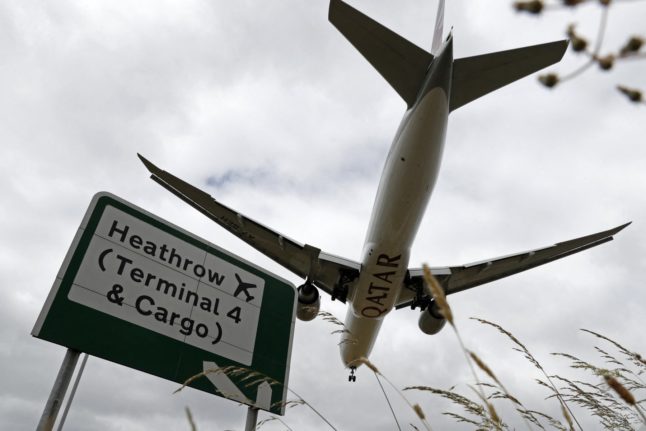The Spanish company, which last year transferred its headquarters to the Netherlands, said net profit rose to 460 million euros last year from 186 million the previous year.
Revenue rose 13 percent to €8.5 billion.
Heathrow saw 79.2 million passengers last year, up 28 percent from the previous year.
Revenue at its historic construction activities rose 9.9 percent.
Ferrovial has been seeking to sell its 25 percent stake in Heathrow to Saudi Arabia’s Public Investment Fund (PIF) and French investment manager Ardian for €2.7 billion.
But the sale has been held up by a group of small shareholders who together hold 35 percent of the airport and want to the right to “tag along” and sell their shares at the same price and conditions as Ferrovial.
According to Spanish media, Ferrovial has approached other potential buyers in order to complete the transaction, which Ferrovial is carrying out to raise money to invest in its US activities.



 Please whitelist us to continue reading.
Please whitelist us to continue reading.
Member comments